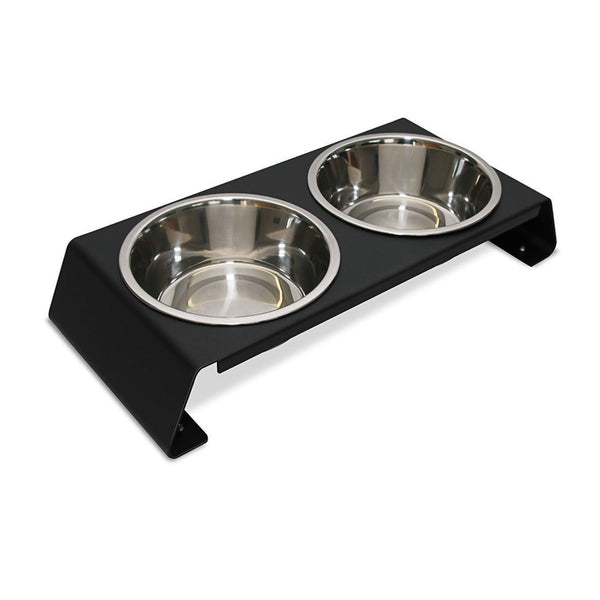Whether dogs can have Down syndrome or not is an important topic that deserves attention. While the genetics of Down syndrome are well-understood in humans, the concept in animals is less clear due to the extreme genetic variations among species.
What Is Down Syndrome?
Down syndrome, also known as trisomy 21, is a type of mental and physical impairment that occurs when a person has three copies of their chromosome 21 instead of two. This additional genetic material alters development and leads to traits such as distinctive facial features, learning difficulties, and certain health conditions. Down syndrome is one of the leading genetic disorders in humans, affecting at least 12,000 newborns annually in the United States alone.
Can Dogs Have Down Syndrome?
The short answer is no—or at least, not in the same way humans do. Dogs have 39 pairs of chromosomes, compared to humans’ 23 pairs. This genetic difference means that dogs do not have a chromosome equivalent to human chromosome 21, so they cannot experience Down syndrome as it is defined in humans.
However, dogs can exhibit developmental or genetic abnormalities that might resemble some traits associated with Down syndrome, such as unusual facial features, cognitive impairments, or delayed growth. These symptoms are often linked to other underlying conditions rather than being a direct parallel to Down syndrome.
Similar Conditions in Dogs
While dogs cannot have Down syndrome specifically, they can develop other genetic or congenital disorders that may mimic its characteristics. For instance:
- Congenital Hypothyroidism: This condition can cause stunted growth, lethargy, and facial deformities in puppies.
- Pituitary Dwarfism: A growth hormone deficiency that leads to smaller size, delayed development, and sometimes cognitive challenges.
- Chromosomal Abnormalities: Rare conditions involving abnormal chromosome structures may result in developmental and physical abnormalities.
In some cases, these conditions are present at birth, while others develop later in life. A veterinarian can help determine the exact cause of any unusual symptoms.
Practical Advice for Pet Owners
If you notice unusual physical or behavioral traits in your dog, consult a veterinarian promptly. A professional can perform diagnostic tests to identify the root cause and recommend the appropriate treatment or care plan.
https://www.petmd.com/dog/conditions/can-dogs-have-down-syndrome






